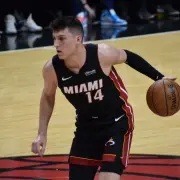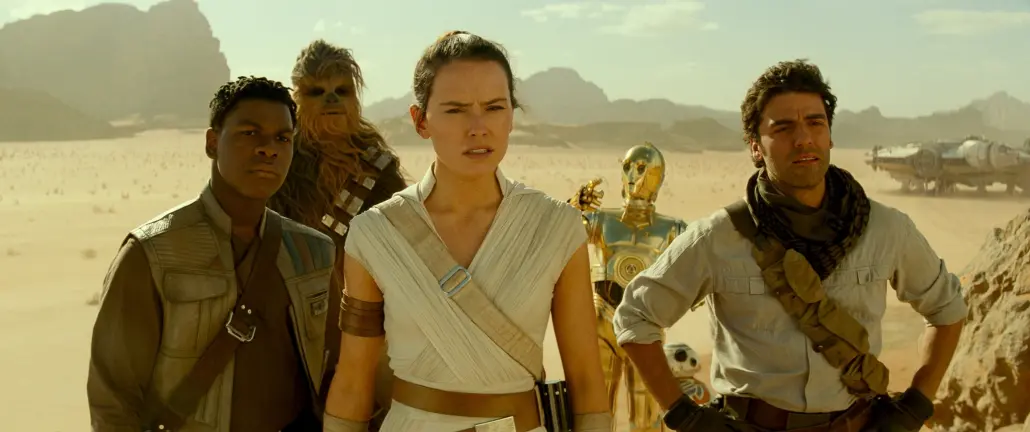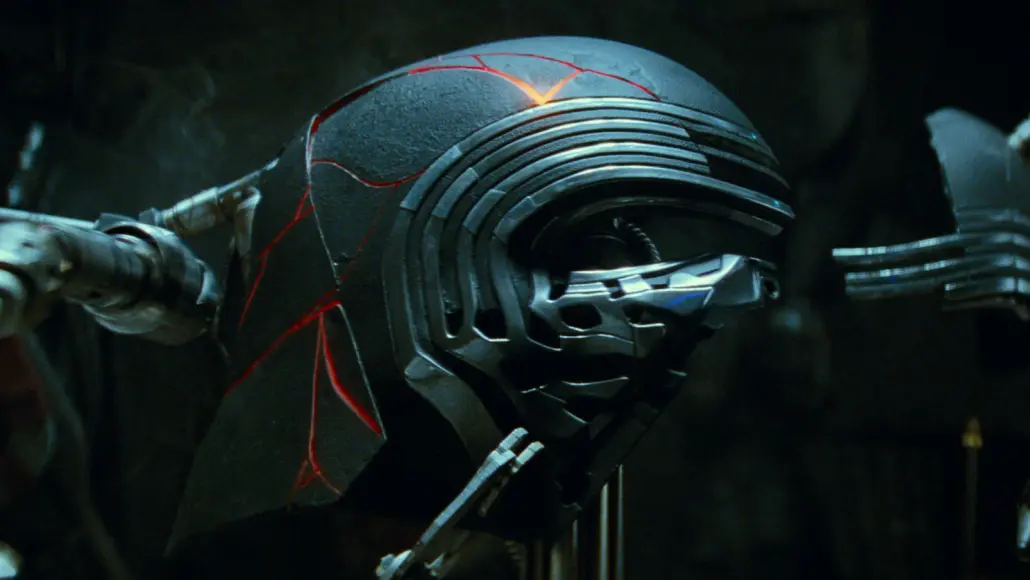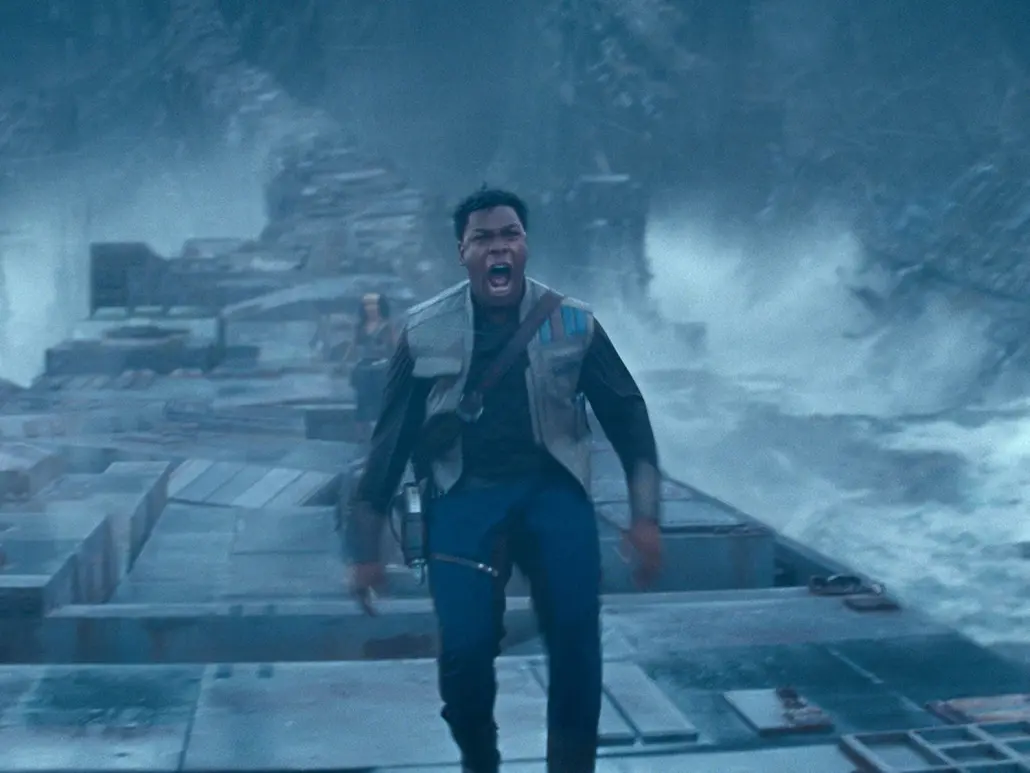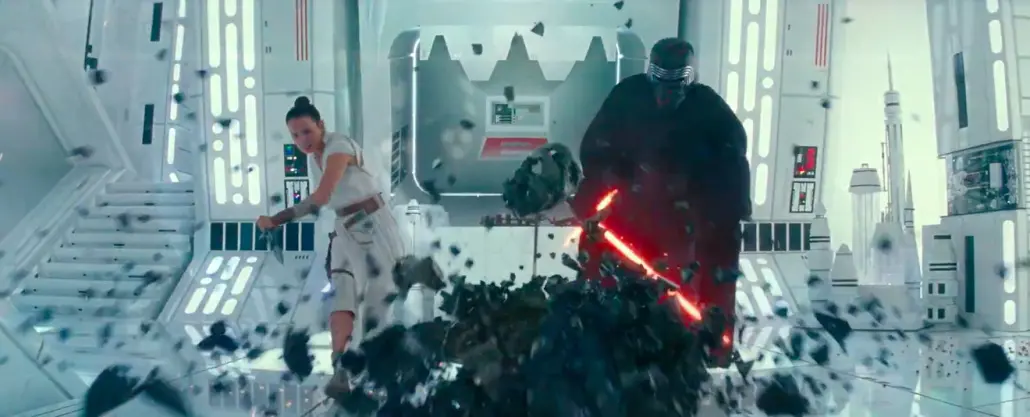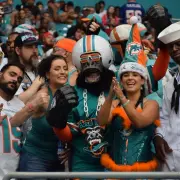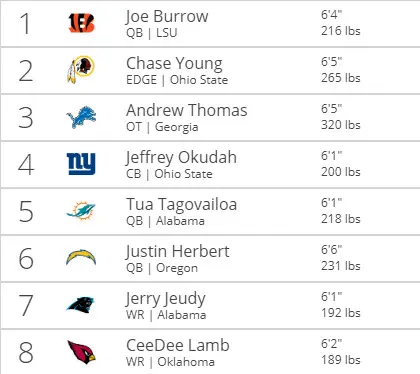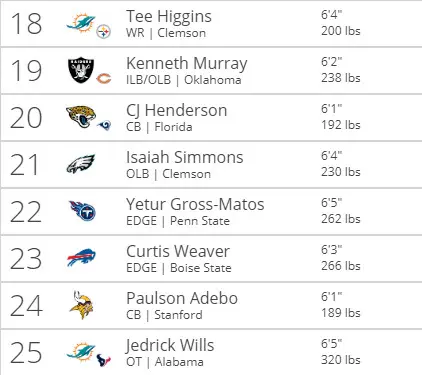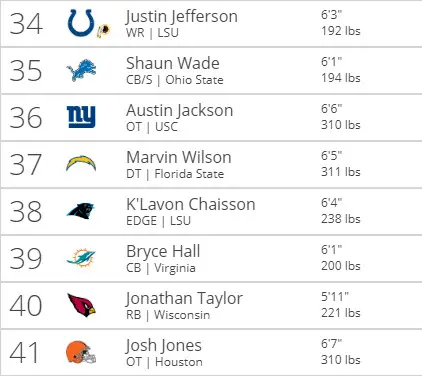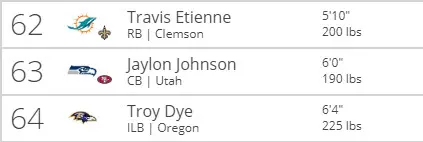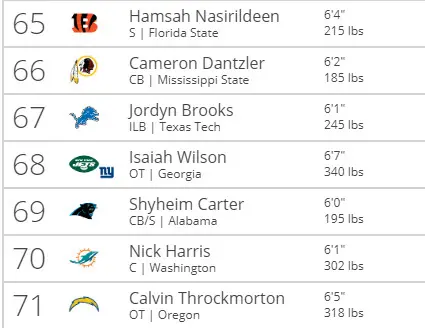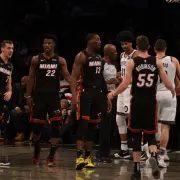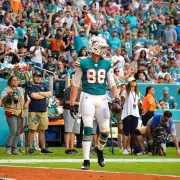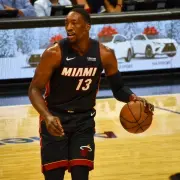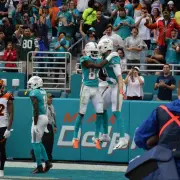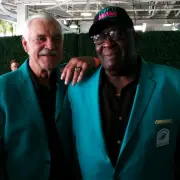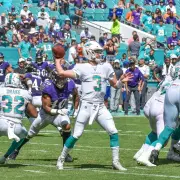Launching Pad: Tyler’s Herroics, Jimmy’s Jumper, Heat’s Handoffs
Welcome to The Launching Pad, a weekly roundup of Miami Heat basketball. Who’s playing well, and who should pick it up? What numbers should you be watching? What was that beautiful play Miami ran in the second quarter? You can find all of it here, every Monday.
The Stats (Weekly stats in parentheses)
• Record: 24-8 (3-0, 2nd in the East)
• Offensive Rating: 110.8 (111.6)
• Defensive Rating: 106.3 (110.3)
• Net Rating: plus-4.5 (plus-1.3)
• True-Shooting Percentage: 58.6 (55.1)
• Pace: 99.59 (97.13)
• Time of Possession: 14.7 seconds (14.9)
Lineup of the Week (min. 10 minutes)
Goran Dragic, Tyler Herro, Jimmy Butler, Derrick Jones Jr., Meyers Leonard
• Minutes: 12
• Offensive Rating: 103.4
• Defensive Rating: 86.2
• Net Rating: plus-17.2
• True-Shooting Percentage: 57.1
• Pace: 97.8
The Big Number: 12.3
It’s easy to scoff at the importance of role-players, particularly when their contributions aren’t sparkly on the stat sheet. Cliches are boring — we want highlights and arbitrary benchmarks that put you in the air with legends!
Makes sense that Thaddeus Young forced LeBron’s first miss, cause, ya know: pic.twitter.com/wHMez6SDRa
— Tas Melas (@TasMelas) April 18, 2018
There’s still value in doing your job. The #LittleThings, if you will. Meyers Leonard does exactly that.
He’s the Heat’s most valuable screener, consistently springing guards free with smart angles. His reads have become better in that regard. He still pops more than he dives to the rim, but his ability to find those pockets of space allow the Heat offense to flow.
Defensively, Leonard is comfortable as the “Drop” big or the backbone of the zone. Bad things can happen when he’s forced to defend in space, but his size and spatial awareness make him effective at the rim. Opponent shot just 50 percent at the rim against Leonard this week, per Second Spectrum.
Absolutely none of what I described is conventionally exciting. Leonard’s averages from the week — 6.0 points, 6.7 rebounds in 23.5 minutes — don’t call for Player of the Week chants. But the Heat were 12.3 points better per 100 possessions with him on the court.
Weekly Trends
1. Tyler Time
This is the sequence of the season so far.
IDK WHAT TO DO WITH MY HANDS pic.twitter.com/ZY48aomloT
— [insert doppelganger here] (@NekiasNBA) December 29, 2019
That is Tyler Herro, allegedly a rookie, calling his own number with a stepback three facing a two-point deficit. Clearly he’s a descendant of Stonehenge.
Not even two minutes later, Herro takes — and makes — an even more difficult shot.
Initial action breaks down. Improv. Herro receives a pitch, then steps back into another triple to give the Heat a one-point lead.
In both cases, Herro is sharing the court with a perennial All-Star (Jimmy Butler) and a former All-Star (Goran Dragic). He’s still confident enough to say “Nah, I got this.”
Herro isn’t scared of anything. This is something we collectively knew, even if it was something I undersold. Not only is he fearless in big moments, he’s pretty darn good in them.
Per 36 clutch minutes, Herro is averaging 25-8-2 with a 53-54-100 shooting split. Only Butler is averaging more clutch points for the Heat, though that’s because he’s averaging more free throw attempts than Herro is averaging shot attempts.
As usual, the “how” matters more than the “what” here. Herro’s feel for the game really shines through, particularly in 2-on-2 scenarios. Playing “Drop” coverage against him is an invitation of death. Though he’s a two-level scorer at this stage, he’s able to compensate for his rim-finishing woes with cotton-soft floaters and timely passes when the big commits.
Very loudly, Herro is showing the kind of secondary creator chops needed to raise the Heat’s playoff ceiling. Him becoming a pull-up artist isn’t necessarily a surprise; doing it against elite defenses, and this soon, is almost absurd.
2. Is Jimmy Broken?
On the other end of the spectrum … it’s time to talk about it.
Jimmy Butler has mostly been a godsend for the Heat. He’s been all about empowerment, on and off the floor.
Butler has made a point to blend in with teammates; his relationships with Bam Adebayo, Tyler Herro, and Goran Dragic have been well-documented to this point. He’s sharing the ball, posting a career-high in assists (6.7). When the time comes, he can still take games over with shoulder-checking drives to the basket.
But good lord, man, what is going on with his shot?
Per Synergy, Butler’s 28.5 percent clip on jumpers rank 162nd among 168 players that have taken at least 100 of them. His 0.703 point-per-possession mark on those shots rank 165th.
He’s been a mess on guarded catch-and-shoot jumpers (23.1 percent), unguarded looks (33.3 percent), and jumpers off the dribble (30.8 percent). The latter is especially important because of how often he operates in pick-and-roll.
Teams ducking under picks against Butler isn’t a new strategy, but it’s one that has particularly bothered him against the Sixers this season. You need pull-up shooting to neutralize their size and length; Butler hasn’t been able to do so.
Butler’s been able to to compensate from an efficiency standpoint because of his forays to the rim. He’s still driving like a madman, and ranks third in the NBA in free attempts per game (9.4).
But those kind of windows close in the postseason. Butler’s career postseason free throw rate (39.3) is nearly 10 percentage points lower than his regular season clip (49.2). Defenses will get more blatant with their give-him-space strategy. He’s going to need to prove he can make defenses respect him off the bounce.
3. Gettin’ Pitchy With It
On a recent episode of Five On The Floor, my colleague Alex Toledo talked about Bam Adebayo and the gap defense he faced against the Sixers. He noted that there were three ways for Adebayo to counter that: attack the basket (#FloaterGang), take open jumpers, or use the defender’s space against him by flowing into handoffs.
The latter point is especially key, because it was a huge part of Miami’s offensive success this past week.
Adebayo ranks in the top five of screen assists (5.1) and points via screen assists (11.8) this season, per Second Spectrum. Those numbers skyrocketed to 7.3 and 17.7 respectively during Miami’s 3-0 stretch.
Take these plays from the Utah game for example. Watch how far back Rudy Gobert is from Adebayo. Conversely, watch how quickly Adebayo is able to generate these looks:
Shockingly, the Heat lead the NBA in points via dribble-handoffs (289 total, 9.0 per game) and are second in points per possession (1.062)
They’re essentially condensed pick-and-rolls that don’t give the big time to recover. Having shooters like Herro and Duncan Robinson that can fling off-movement triples give the Heat’s offense a layer of unpredictability that teams can’t really account for.
Set Play of the Week
Post-Split Pandemonium
There is a lottttttt going on in this train reaction of an opening set.
Before digging into what happens — and why it works — it’s important to understand what Philadelphia wants to do. It’s easy to point out their scheme with the big (Joel Embiid) — they want to drop back and close off lanes to the rim. But that also affects they way they defend the perimeter.
The Sixers don’t just want to run shooters off the line, they want to funnel everything inside to Embiid specifically. Within that lens, peep how high Josh Richardson plays Kendrick Nunn, and the positioning used to force him left. On the other side, it’s notable that Tobias Harris is basically face-guarding Robinson.
Now, this is why it works for Miami.
After Nunn enters the ball into Butler, he wraps around Butler and cuts baseline. Because Richardson is trailing him in an effort to funnel him inside, Ben Simmons stunts to disrupt Nunn’s cut. On top of that, Embiid drops further down to cut off that path.
Robinson and Leonard are reading all of this, and kick off their action right as Nunn begins his cut. With Embiid occupied with Nunn, there’s no path to him to disrupt any sort of pindown. Al Horford is technically in position to help, but that opportunity disappears when Leonard dives.
Robinson essentially fakes a flex screen (down-screen for Leonard) before flying off a screen from Adebayo. Harris has no chance of tracking Robinson, and there’s nobody up top to help him out either.
This is a fantastic example of the Heat using opponent tendencies against them.
